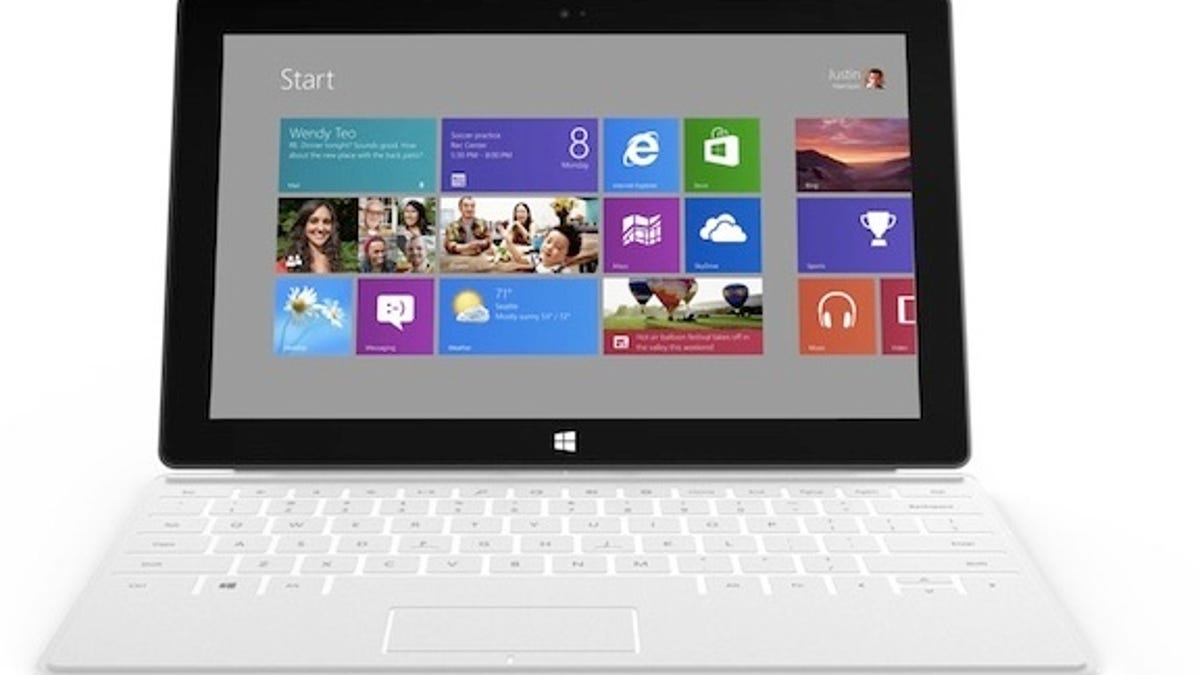Michael Dell says he is OK with the 'post-PC' era
Michael Dell says it's smooth sailing in the post-PC era. Though that sentiment seems to conflict with recent data from market research firms.

Everything is copacetic in the post-PC era, according to Michael Dell.
Speaking at VMware 2012, Dell's founder and CEO cited the fact that 380 million PCs were sold last year, adding that "the post-PC era has been pretty good for PCs so far," according to a report at Citeworld.
And as is typical at many PC-centric events, the iPad -- despite its growing popularity as a client device -- and smartphones didn't garner much attention, Citeworld said.
That is, until poll results showed the rise of "post-PC" devices as the No. 1 trend in IT this year, prompting VMware CEO Paul Maritz to respond. "I defy anyone to edit a PowerPoint presentation on a mobile phone," he said.
The post-PC era refers to the trend of using non-traditional personal computing devices, such as smartphones and tablets, instead of traditional PCs. The trend is also referred to as the consumerization of IT, where employees bring their iPads, iPhones, and/or Android smartphones and tablets to work.
And recent data from market researchers such as IDC seems to lend support to the theory that traditional PC growth is slowing.
Worldwide PC market growth has come to a screeching halt, with just a 0.9 percent uptick expected this year, the second consecutive year expansion has been below 2 percent, IDC said last week.

